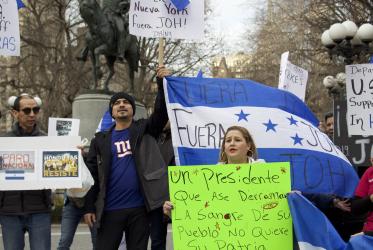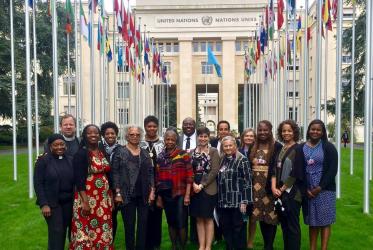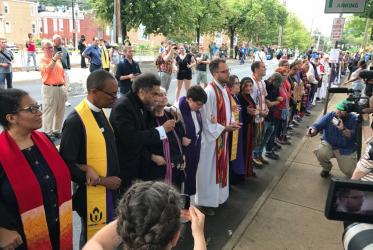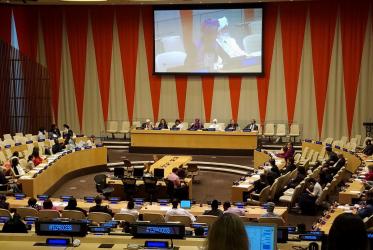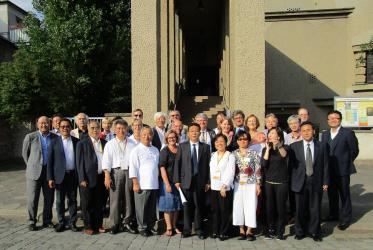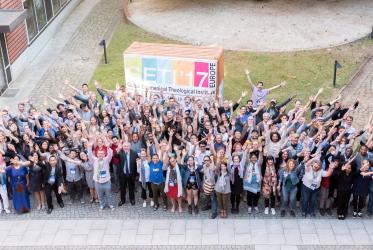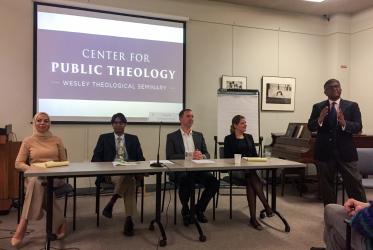Displaying 121 - 140 of 351
26 February 2018
WCC joins many in condemning Trump’s derogatory remarks
15 January 2018
WCC 70th anniversary started in Beijing
07 January 2018
Re-engineering life forms: Church forum raises concerns
09 November 2017
“The work of truth-telling has to happen”
28 September 2017
Orthodox bishops in USA condemn racist violence
31 August 2017
Presbyterian leaders: racism in USA is “pernicious poison”
31 August 2017
WCC mourns the death of Oscar Bolioli
21 June 2017
UN discussion focuses on women, HIV and property rights
21 March 2017

